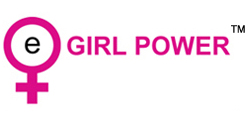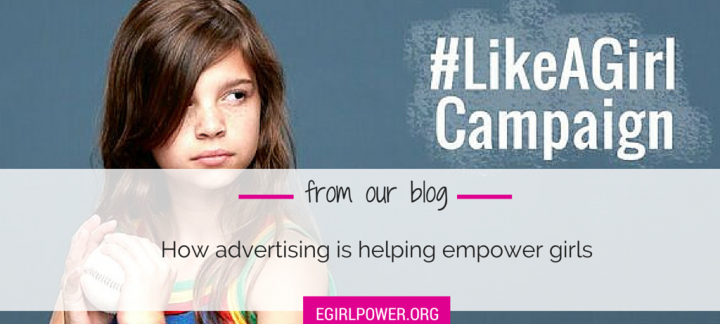How Advertising is helping to Empower Girls
Advertising has, for a long time, been known as being part of an oppressive culture that helps distort the image women have on themselves. Being by portraying photoshopped images that show perfect – and unrealistic - models, or by referring to women as being solely responsible for housekeeping, thus the sole target of household cleaning commercials, advertising has been accused of perpetuating, or even worse, creating a limited, biased and frustrating unattainable image of women.
But how much is it on advertising to blame? Isn’t publicity, if seen as a form of cultural representation, just a reflex of our society itself? After all, if ads didn’t resonate with our culture, behavior and beliefs, they wouldn’t be commercially successful, right?
I believe that is true, but I also believe that advertising does have the power to reiterate some concepts and behaviors that, though being part of our society, do not represent the values that we want to live by.
Fortunately, the economic and social changes that have been happening since women got more space in the job market made it that movements to boost women empowerment have gained a louder voice. Advertisers have realized that their consumers are changing. Women have, more and more, an independent – and high – purchase power and brands that fail to resonate with them will pay the price.
Lately we’ve been seeing more examples of brands who focus their message on making women feel stronger, helping them realize their full potential and discouraging them to be obsessed about a perfect body. And what’s best: advertising agencies are being awarded for them.
Just take a look at some Cannes Lions’ winners of this year: campaigns like Always’ #Like a Girl, Under Armour’s I Will What I Want or Sport England’s This Girl Can are a reflection of how much not only women are being portrayed differently, but also how consumer’s positive response and commercial results follow.
Brands who manage to fully understand that the change of women’s behavior and roles in society come with a very strong change of mindset and a firm conscious on how they want to be portrayed are going to be the ones to get more loyal consumers, to go viral and to get market share.
But is it real? Do brands actually want to be a part of female empowerment or is it all about reaching sales goals? Take Dove’s Beauty Sketches campaign, for instance, known as being the ‘most viral commercial ever’, a 7 min video with almost 6 million views that is impossible not to get touchy about.
Is it all about the likes, the return in unpaid media, the brand image? Well, Dove actually does have an educational program that reaches hundreds of school girls worldwide in which they talk about self esteem and generate a strong, powerful discussion about how these girls should feel about their bodies despite peer or social media pressure.
So even if these brands are motivated more by market share than by being part of social change, even if it’s about getting more sales and revenue than about changing girls’ lives, in my opinion, in this case, the ends do justify the means.
It’s empowering in itself to see how much gender equality movements and strong, powerful women all over the world have raised their voice so much that they have been heard.
It is empowering to think how our daughters will be raised looking at varied, realistic and strong role models in the media.
It is empowering to think how we, as a society, have been able to change and evolve so much that now, not only does advertising reflect us, but we’re actually beginning to like how we see ourselves.
Help eGirl Power fight gender inequality and change the future of hundreds of girls in need through education. Donate now.


